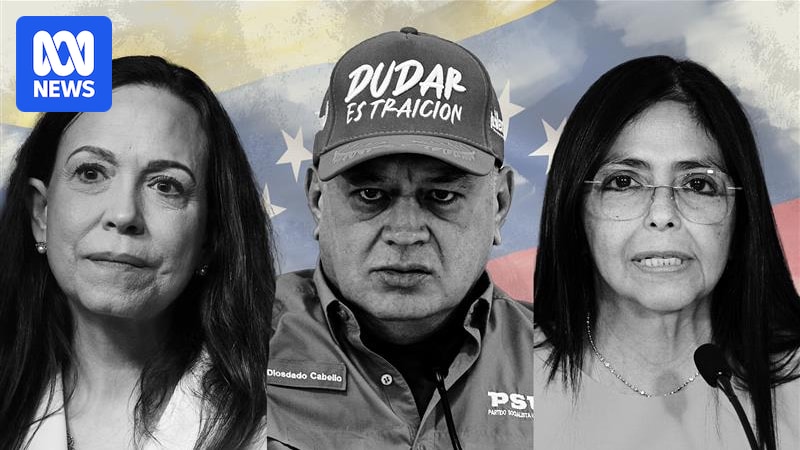For days now, Venezuelan WhatsApp, Signal and social media groups across the world have barely slept.
From Melbourne to Santiago, Miami to Madrid, phones buzzed with messages of disbelief, tears, voice notes and even cautious humour, as…

For days now, Venezuelan WhatsApp, Signal and social media groups across the world have barely slept.
From Melbourne to Santiago, Miami to Madrid, phones buzzed with messages of disbelief, tears, voice notes and even cautious humour, as…